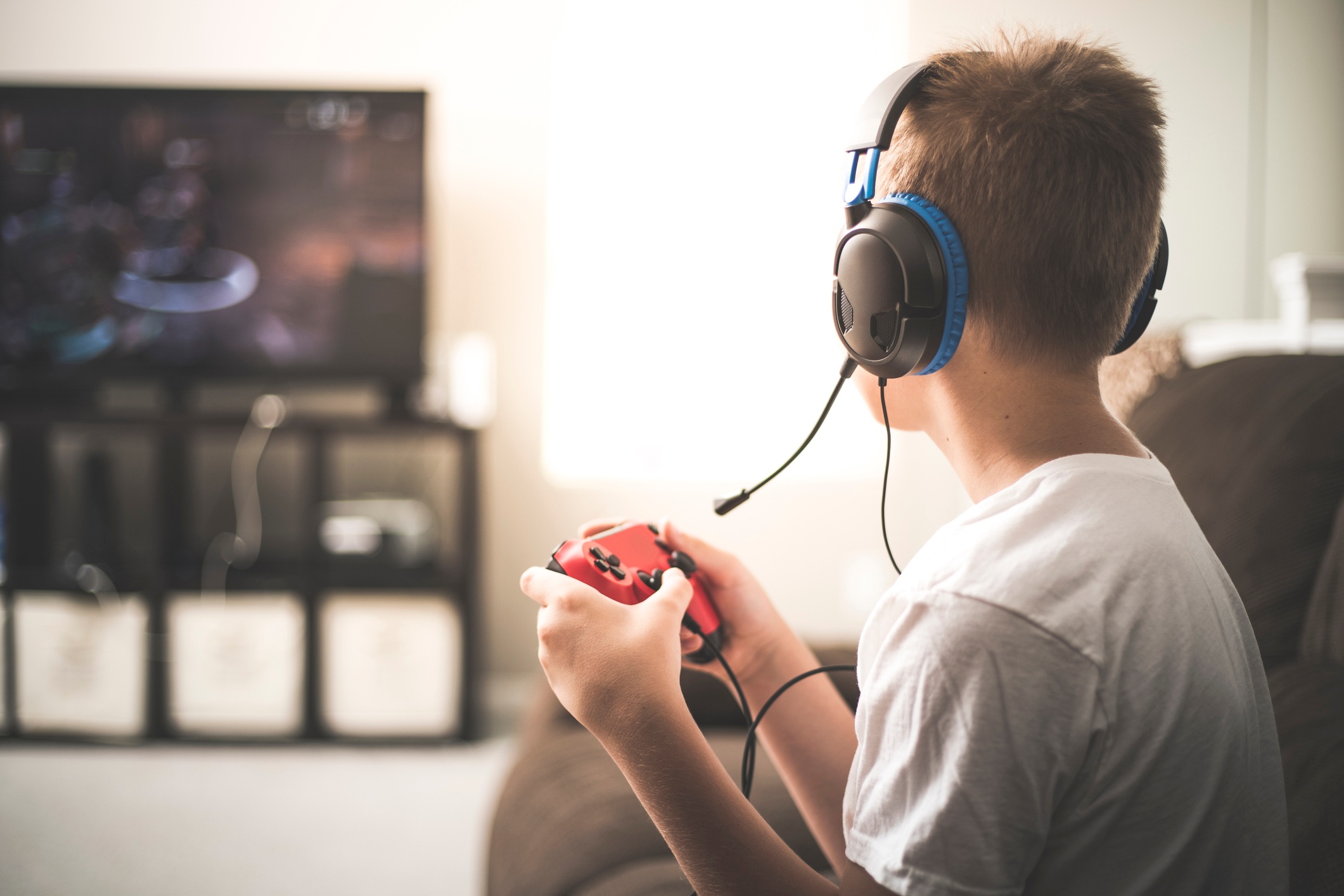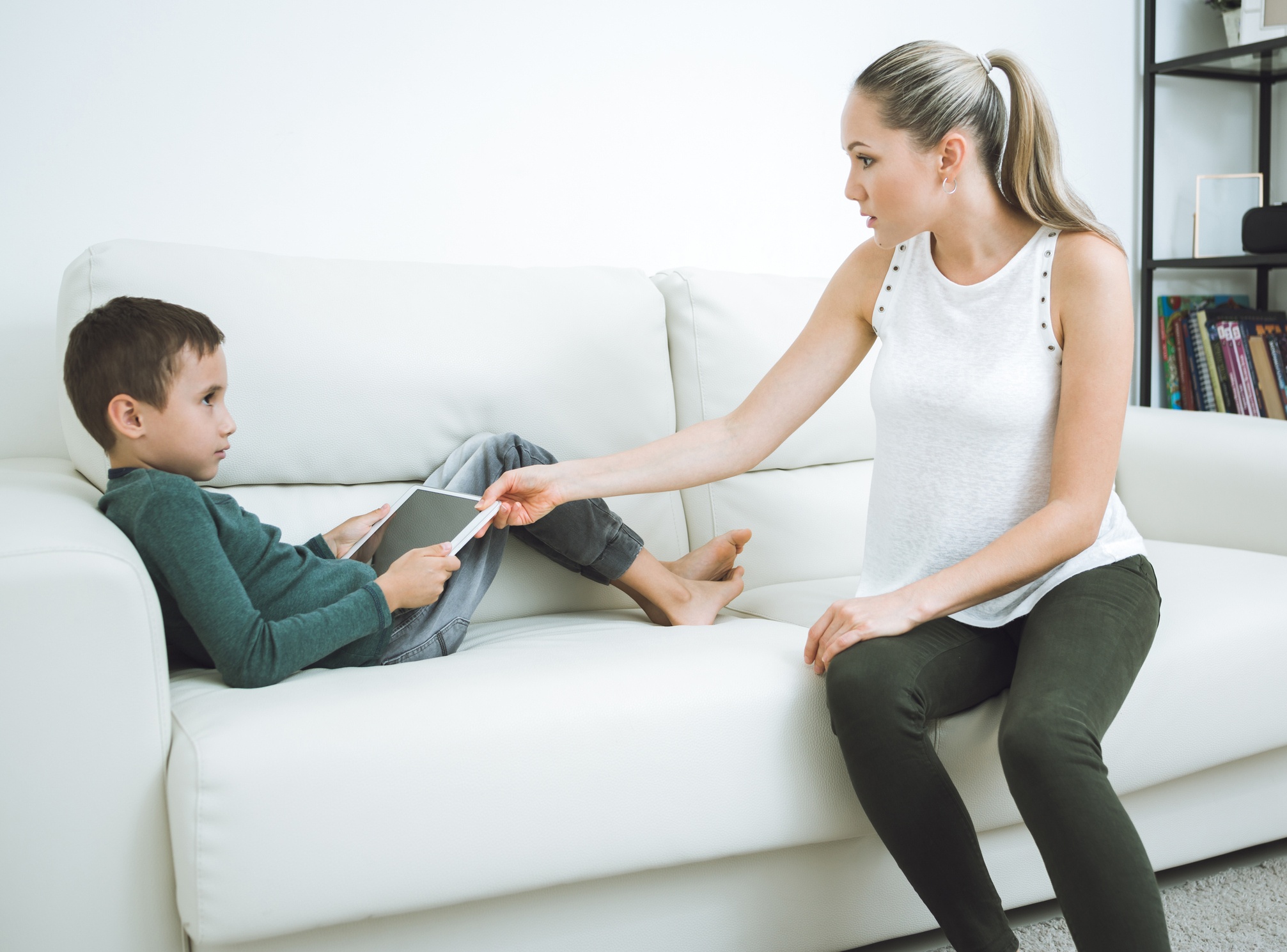When a parent thinks of avoiding power struggles with children, empathy may not be at the top of their list. It is an underutilized response that few parents use when in conflict with their children and teens.
Sometimes I get wildly angry at screens—whether an Xbox or TV—and my children’s inability to end their session the second I ask them. If I wasn't so frugally and environmentally driven, I might be tempted to throw screens out of moving vehicles and second story windows.

Teaching Children Empathy through Modeling
But then, my empathy kicks in; sometimes faster than other times. I remember what it’s like to be deeply immersed in something and suddenly asked to stop. If I’m engrossed in reading a book, texting a friend, writing a letter, or brushing my teeth, it’s unlikely that I’ll stop doing the activity at the exact moment I am asked—it pretty much never happens! So why do I expect my children to have end-screen-session-right-now skills?
All children are different. Everyone’s ability to shift and transition between activities varies. One of my observations is that the more I extend empathy to my children when ending screens sessions along with giving them a few minutes heads-up as the end time is near, they are more responsive, respectful, and appreciative.
I also have learned that follow-through is essential. If I say only five minutes more, then I had better be there in five minutes to push the power button off myself or to collect the device. I used to be hesitant to set such a strong boundary for fear of tantrums, but I have to say, turning off the power, or putting my hand out to collect a device, does not generally cause conflict. Rather, it says, “I love you, I have boundaries, and the five minutes is up.”
However, a crucial point in this method is making a previous arrangement with the children where we previously discussed and agreed on the consequence of not shutting down screen time when the time is up. This drastic measure of pushing the power button off isn’t dominance justified by disobedience; the response is mutually agreed upon and done in a lovingly firm way.
Empathy is about understanding and validating another’s emotions. It is not pity, it is not, “I am sorry.” It is letting the child or person know that his or her feelings are “felt” by you.
Empathetic Responses to Children
Some expressions of empathy for the above situation might sound like this:
- “It’s frustrating to have to end your screen time mid-game.”
- “Ending something that’s fun can really be disappointing.”
- “Yeah, I know ending screen-time is a bummer.”
- “It’s difficult to end a game you’re enjoying, isn’t it?
 It can be challenging to drum up empathy especially when we’re stressed. Another thing that makes us revert to impatience or demanding is that many of us haven’t even received empathy or had this skill modeled for us. It can feel fake or weird to say the above statements (at least at first). But if we can practice saying empathetic statements from our HEARTS, from a place of LOVE for our children, and from a place that says, “I want you to have fun, and it's time to quit.” Eventually empathy becomes more natural; it gradually becomes a part of our regular communication.
It can be challenging to drum up empathy especially when we’re stressed. Another thing that makes us revert to impatience or demanding is that many of us haven’t even received empathy or had this skill modeled for us. It can feel fake or weird to say the above statements (at least at first). But if we can practice saying empathetic statements from our HEARTS, from a place of LOVE for our children, and from a place that says, “I want you to have fun, and it's time to quit.” Eventually empathy becomes more natural; it gradually becomes a part of our regular communication.
Empathy has been around for many years, but it is becoming a more intentional piece of interpersonal relationships in our modern times. I have given and experienced empathy, and truly, it works wonders.
For more positive parenting tips or to learn emotional intelligence, check out Heartmanity's parenting resources.








